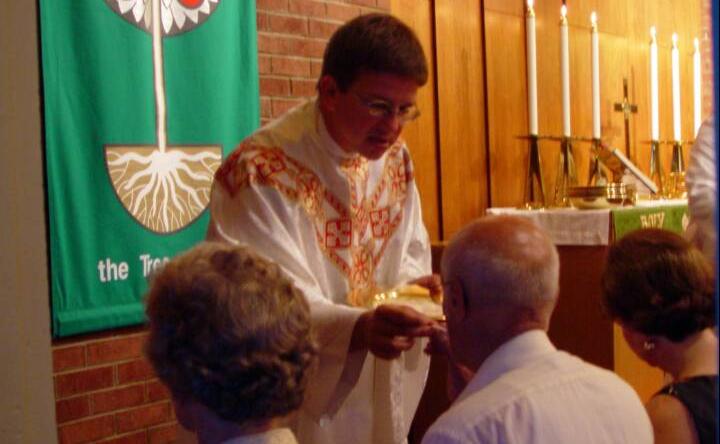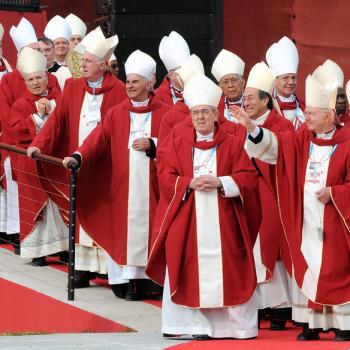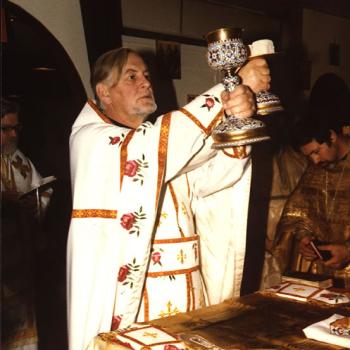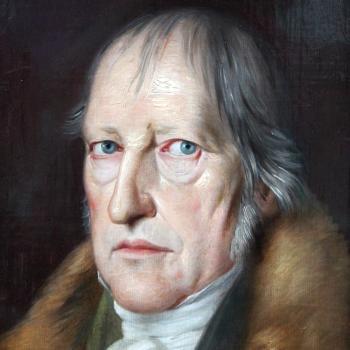“To the so-called Lutheran, that is the true catholic Christian, belongs the entire past, before and after Luther. The future must belong to him as well. All things true and scriptural are his, when and where they are spoken.” (Wilhelm Loehe, The Pastor, p. 157)
That line, from the Wilhelm Loehe book we blogged about, speaks to both Lutherans and Christians in general.
As it relates to Lutherans, it illustrates what I had been trying to explain in my Reformation anniversary posts: Luther was trying to reform the universal church, not start a new one. So Lutherans, properly, do not think of themselves as one brand of Christianity among many others. They strive to be a metachurch. (See my new book with Trevor Sutton, Authentic Christianity.)
This means that Lutherans feel quite free to draw on the church of the past, before Luther–the historic liturgy, the church fathers, Augustine, various medieval thinkers, the heritage of Christian art and architecture, the history of the church, etc.
It also means that Lutherans feel quite free to draw on “all things true and scriptural” whenever and wherever they are spoken. So Lutherans can also appreciate Biblical expositions and Christian insights from the whole range of later Protestant teachers as well.
To be sure, both the “Catholic” theologies and the various “Protestant” theologies have to be scrutinized and are not accepted uncritically, but the church as a whole “belongs to” the Lutheran Christian.
This also applies to other Christians as well, to “the true catholic Christian,” in the sense of the Apostle’s and Nicene Creeds. The church is universal, so all Christians–all who have faith in Jesus Christ–can partake in the church as a whole.
Here is one of the liberating differences between Lutheran and other ecclesiologies, particularly that of Rome and Constantinople. For those latter two traditions, the church is to be identified with a specific institution. Some are within that true institutional church, while the rest of professing Christians are outside it. Rome now accepts that Protestants can be Christians, even though they are “separated brethren” who really should come back under the authority of the Pope. Lutherans see the church as Christ’s mystical body that exists through time and space, consisting of all who have faith in Him, and to be found wherever the Word and the Sacraments are effectually present.
Under this view of the church, all Christians are joined with each other throughout the ages and around the world. The unity that Christ prayed for exists already. The past, the present, and the future of the church already belongs to all Christians.
Photo: “Typical Eucharist in an LCMS Church” by self – self, CC BY-SA 3.0, https://en.wikipedia.org/w/index.php?curid=23206501


















